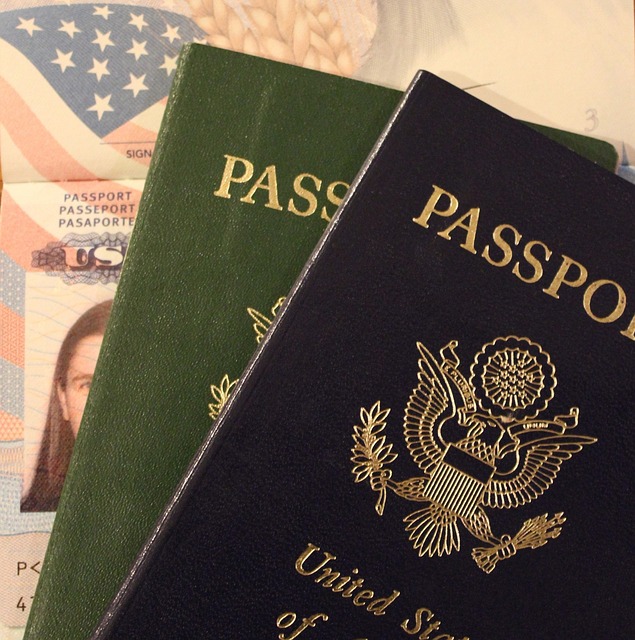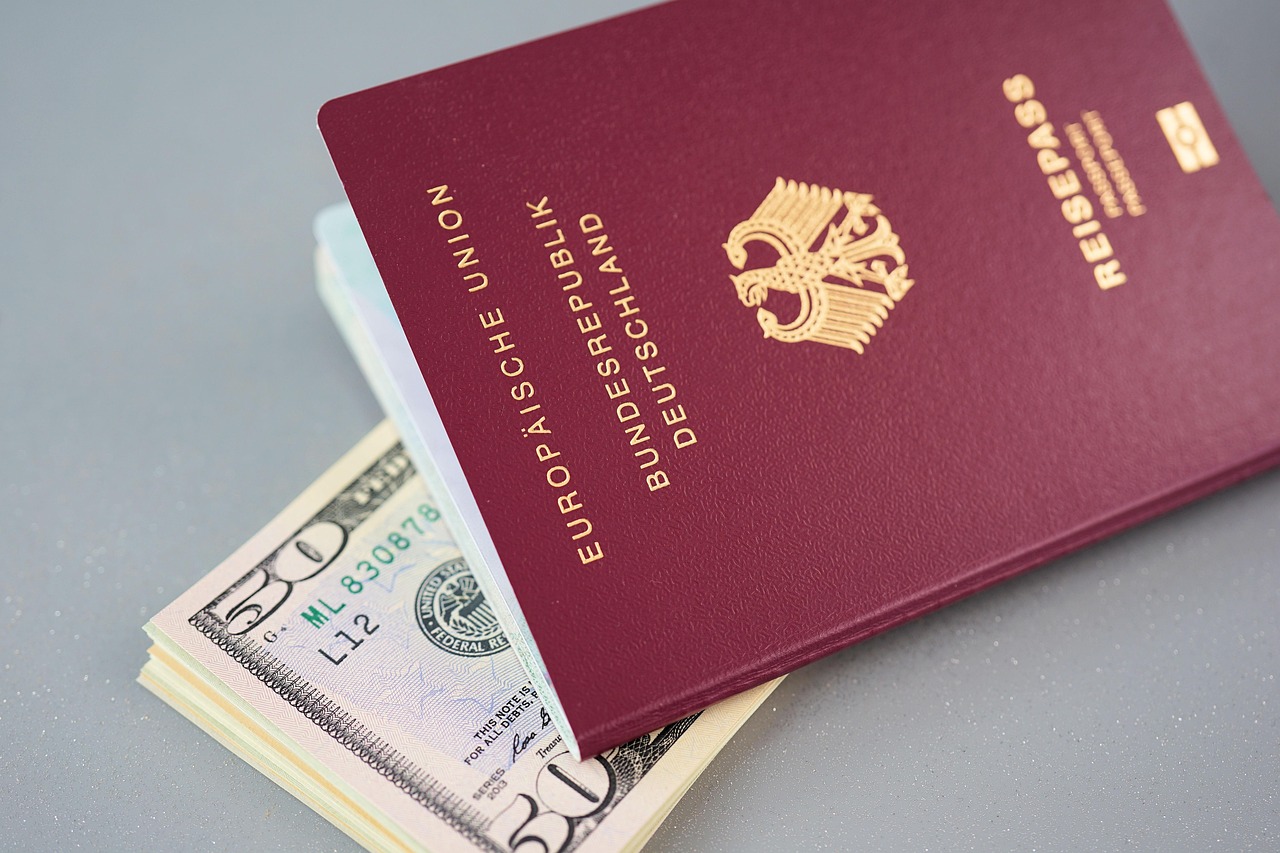Asylum and Refugee Status in the Netherlands: A Comprehensive Guide

The Netherlands has a long history of providing refuge to those fleeing persecution, war, and violence. The country’s asylum system is designed to offer protection to individuals who meet the criteria for refugee status under international law. This guide provides a detailed overview of the asylum process, eligibility criteria, and what to expect when seeking asylum in the Netherlands.
1. Understanding Asylum and Refugee Status
Asylum is a form of international protection granted to individuals who have fled their home country due to fear of persecution based on race, religion, nationality, political opinion, or membership in a particular social group. Refugee status is granted to those who meet the criteria set out in the 1951 Refugee Convention and its 1967 Protocol.
2. Eligibility Criteria
To be eligible for asylum in the Netherlands, you must meet the following criteria:
- Well-Founded Fear of Persecution: You must demonstrate a well-founded fear of persecution in your home country based on one of the five grounds mentioned above.
- No Internal Flight Alternative: You must show that there is no safe area within your home country where you can relocate.
- No Exclusion Clauses: You must not be excluded from refugee protection due to reasons such as committing serious crimes or posing a threat to national security.
3. The Asylum Process in the Netherlands
The asylum process in the Netherlands involves several steps, each designed to assess your eligibility for protection. Here’s an overview of the process:
1. Arrival and Registration
- First Reception: Upon arrival, you will be directed to a reception center (Aanmeldcentrum or AC) where you will register your intention to seek asylum.
- Identification and Documentation: You will undergo identification procedures, including fingerprinting and photographing, to establish your identity and nationality.
2. Initial Interview (Hearing)
- General Information: You will have an initial interview to provide general information about your background, travel route, and reasons for seeking asylum.
- Legal Assistance: You have the right to legal assistance during the asylum process. Legal aid organizations can help you prepare for your interviews and understand your rights.
3. Detailed Interview (Vluchtelingenstatus)
- Substantive Hearing: You will have a detailed interview with the Immigration and Naturalization Service (IND) to discuss your reasons for seeking asylum in depth.
- Evidence and Documentation: You may be asked to provide evidence to support your claim, such as documents, witness statements, or medical reports.
4. Decision-Making
- Assessment: The IND will assess your application based on the information provided during the interviews and any additional evidence.
- Decision: You will receive a decision on your asylum application. This can take several months, depending on the complexity of your case.
5. Appeals
- Right to Appeal: If your application is denied, you have the right to appeal the decision. The appeal process involves submitting a written objection and, if necessary, attending a court hearing.
- Further Appeals: If your appeal is denied, you may have the option to file a further appeal with the Council of State (Raad van State).
4. Types of Protection
The Netherlands offers different types of protection based on the outcome of your asylum application:
- Refugee Status: Granted to those who meet the criteria of the 1951 Refugee Convention.
- Subsidiary Protection: Granted to those who do not qualify for refugee status but face a real risk of serious harm if returned to their home country.
- Temporary Protection: In exceptional circumstances, such as mass influxes of refugees, temporary protection may be granted.
5. Rights and Obligations
As an asylum seeker or refugee in the Netherlands, you have certain rights and obligations:
Rights
- Accommodation: You are entitled to accommodation in a reception center while your application is being processed.
- Healthcare: You have access to basic healthcare services.
- Education: Children have the right to attend school.
- Work: After six months, you may be allowed to work under certain conditions.
Obligations
- Cooperation: You must cooperate with the authorities and provide accurate information.
- Residence: You must reside at the designated reception center unless granted permission to live elsewhere.
- Reporting: You must report to the authorities as required.
6. Integration and Support
The Netherlands offers various integration programs and support services to help refugees and asylum seekers adapt to life in the country:
- Integration Courses: These courses include language lessons, civic education, and job training to help you integrate into Dutch society.
- Social Services: Various organizations provide support with housing, healthcare, and legal matters.
- Community Support: Local communities and NGOs often offer additional support, such as language exchange programs and social activities.
7. Common Challenges and Solutions
Seeking asylum in the Netherlands can come with challenges, but there are ways to navigate them:
- Language Barrier: Learning Dutch can help you integrate and access services more easily. Many organizations offer language courses for refugees.
- Cultural Adjustment: Familiarize yourself with Dutch culture and social norms to ease your transition.
- Legal Complexity: The asylum process can be complex. Seek legal assistance to understand your rights and navigate the process.
8. Tips for Asylum Seekers
To ensure a smoother asylum process, consider the following tips:
- Be Honest and Consistent: Provide accurate and consistent information during your interviews.
- Gather Evidence: Collect any documents or evidence that can support your claim.
- Seek Legal Assistance: Engage with legal aid organizations to help you prepare for your interviews and understand your rights.
- Stay Informed: Keep up-to-date with any changes in asylum policies and procedures.




